- Home›
- Healthy Living›
- 5 Diet Tips To Keep In Mind For Migraine
5 Diet Tips To Keep In Mind For Migraine
By: Kratika Sat, 31 Dec 2022 09:59:37
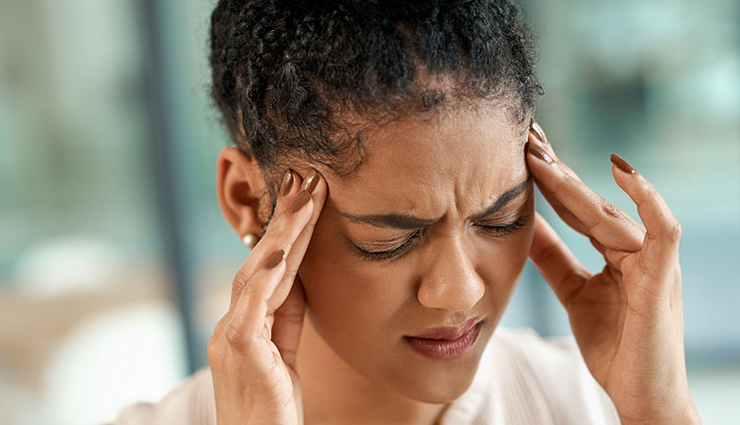
If you’ve ever had a migraine, you’re aware that a variety of things can cause it. High-stress levels, sleep disturbances, weather changes, and your nutrition, including what you eat and drink and when are all examples. Check out how a migraine diet can help.
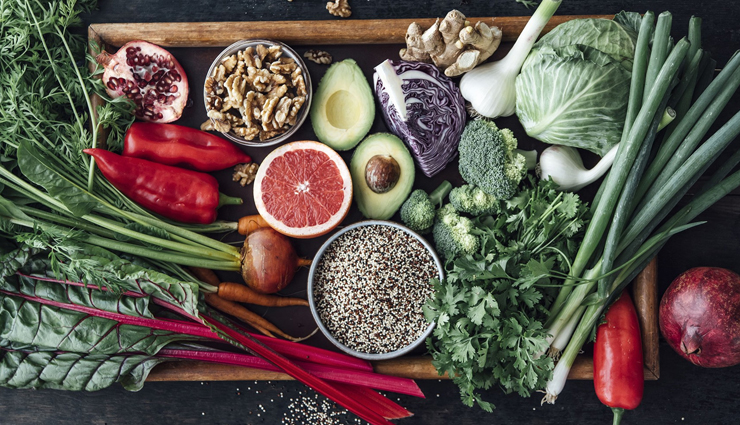
# Eat Fresh Foods
Everyone benefits from a well-balanced, nutritious diet, but processed foods are exceptionally high in migraine-inducing chemicals. A new diet is a healthy migraine diet. Similar to the Mediterranean diet, this entails consuming a wide range of vegetables, fruits, and lean meats.
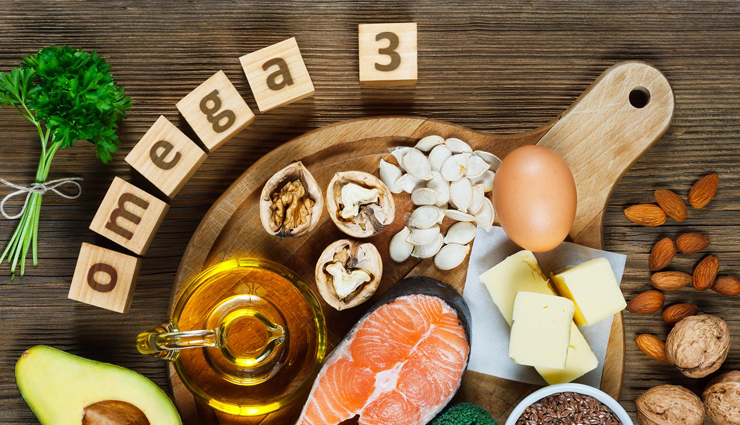
# Include Omega-3 Fatty Acids in Your Migraine Diet
According to Dr. Martin, who co-authored a two-part study on migraine and diet published in October 2016 in Headache: The Journal of Headache and Face Pain, “some data suggests that eating inflammation-fighting foods may help lessen migraines.” Those high in omega-3 fatty acids, in particular, can help reduce inflammation, whereas foods high in omega-6 fatty acids can exacerbate inflammation.
“It’s the ratio of those things that matters; it’s not simply eating omega-3s, but also restricting omega-6 fatty acids,” Martin explains. Salmon, flaxseed, olive oil, and walnuts are all high in omega-3. Vegetable oils, such as corn oil, contain omega-6 fatty acids.
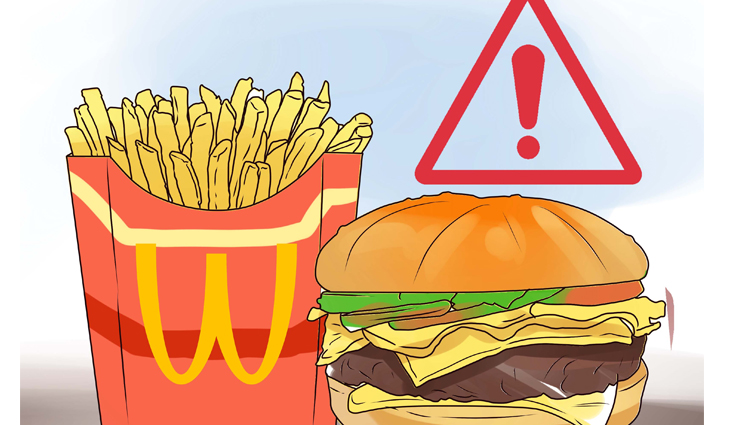
# Don’t Eat Foods With MSG
If you’ve ever had a migraine after eating at an Asian restaurant, monosodium glutamate, or MSG, could be to blame. MSG is a flavor enhancer that can be found in packaged foods, bouillon, soy sauce, and Asian cuisine.
MSG may be listed under other names, such as “natural flavoring,” “all-natural preservatives,” “hydrolyzed fat,” or “hydrolyzed protein,” making it difficult to find.
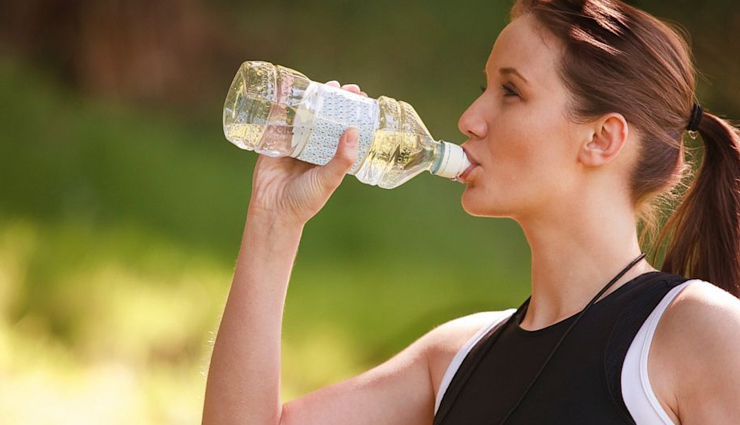
# Stay Hydrated
When it comes to a migraine diet, staying hydrated is crucial because dehydration is a typical migraine trigger. Mild to moderate headaches can be a symptom of dehydration. Aim for eight 8-ounce (oz) glasses of water each day, though this may vary depending on other factors. When it’s hot or dry outside, or when you exercise, you may need to drink more water. Women who are pregnant or breastfeeding need to drink more water.
To stay hydrated, stick to water, but you can also try herbal teas or other nutritious liquids for variety.

# Reduce Caffeine
Caffeine, present in tea, coffee, and soda, has a shaky relationship with migraines. Caffeine can really benefit those who are experiencing a migraine attack because it includes pain-relieving characteristics; in fact, it’s a popular element in headache relief medication.
Caffeine usage in tiny doses is unlikely to harm you. “Unless their headaches are particularly severe, 1 cup of caffeine a day is fine for most people with migraines,” Martin explains. According to the United States Department of Agriculture, an 8 oz cup of coffee has roughly 95 mg of caffeine.





